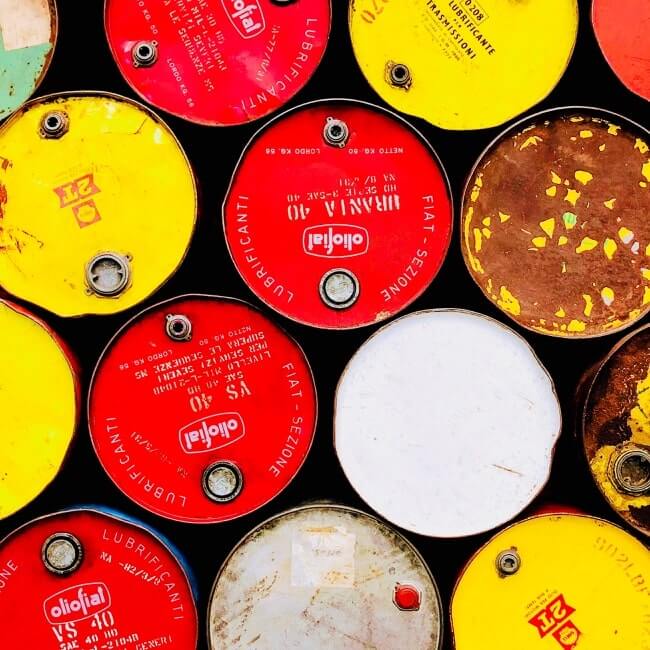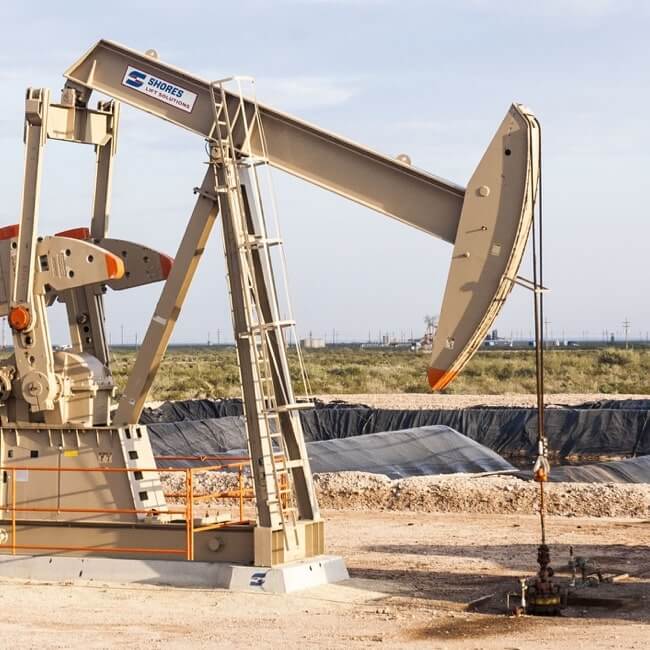Regulatory hurdles stifling Mexico's ethanol potential, say specialists

Two Latin American biofuel experts have highlighted Mexico's significant potential for ethanol production, but they also pointed to shortcomings in the regulatory framework, particularly the absence of mandatory ethanol blending quotas, which are impeding progress.
Mexico fulfills three crucial criteria to kickstart biofuel production, as noted by Agustín Torroba, an international biofuels specialist at the Costa Rica-based Inter-American Institute for Cooperation on Agriculture (IICA), during a video conference with a select group of reporters following his participation at the Global Ethanol Summit in Washington, D.C. The event, organized by the US Grains Council, was held from October 16-18.
"Our southern neighbor [Mexico] has environmental targets to achieve, is an importer of gasoline and oil despite its status as a producer, and boasts ample raw materials, primarily sugarcane derivatives, that are currently exported with minimal added value potential," he explained.
IICA is currently engaged in updating its Liquid Biofuels Atlas, which provides an overview of each country's biofuel status as of the end of 2022. In that atlas, Mexico stands out as one of the few nations lacking specific mandated ethanol quotas for fuels.
Mexican authorities have neglected to revise fuel quality specifications in accordance with local standards since 2018, thereby retaining an unaltered and outdated regulation that permits a fuel ethanol content of just 5.8%.
In 2020, Mexico's supreme court ruled against a regulatory amendment that would have permitted that quota in gasoline to be raised to 10% ethanol, and last year, energy regulator CRE, responsible for amendments to these standards, decided not to address the matter, but could still review it again this year.
According to Rodrigo Cardenal, CEO of Panama's national sugarcane industry association, who also took part in the video conference, Mexico could leverage the nearshoring trend and the growth of its automotive sector to adopt higher ethanol percentages in fuel blends.
He also stressed the importance of an accommodating regulatory framework to facilitate these investments, given the availability of funding, financing, expertise and equipment, with knowledgeable partners ready to offer guidance.
"Mexico has a unique advantage as it already produces two of the primary sources for ethanol: sugarcane and corn. That's a significant asset," Cardenal underlined, highlighting the fact that Panama is entirely reliant on fuel, natural gas and coal imports, lacking local production of these resources.
In January 2023, Panamanian President Laurentino Cortizo signed biofuel legislation into law that incorporates an ethanol blending mandate, requiring gasoline to contain at least 5% ethanol by April 2024, and raising that proportion to 10% by April 2026.
ALSO READ: Biofuels – the missing ingredient in Mexico's climate change policy
Subscribe to the leading business intelligence platform in Latin America with different tools for Providers, Contractors, Operators, Government, Legal, Financial and Insurance industries.
News in: Petrochemicals (Mexico)

Latin America's LNG import trade prospects 'unclear'
Utilization of the region's regasification capacity has been around 25%.

Mexico’s efforts to curb illegal fuel trade hurting private sector
A decree published in late October restricts imports of various types of gasoline and diesel, jet fuel and additives, among others, in an effort to...
Subscribe to Latin America’s most trusted business intelligence platform.
Other projects
Get key information on thousands of projects in Latin America, from current stage, to capex, related companies, key contacts and more.
- Project: El Agustino - Santa Anita Cable Car
- Current stage:

- Updated: 2 days ago
- Project: Manage Engine Data Center in São Paulo
- Current stage:

- Updated: 2 days ago
- Project: Chapala-Guadalajara Aqueduct Renovation
- Current stage:

- Updated: 2 days ago
- Project: Terraza
- Current stage:

- Updated: 2 days ago
- Project: Improvement and Expansion of Health Services at the Tomás Lafora Hospital
- Current stage:

- Updated: 1 day ago
- Project: EO200i wind farm (ex-wind park in Alta Guajira)
- Current stage:

- Updated: 2 days ago
- Project: Nuevo Mundo solar park
- Current stage:

- Updated: 2 days ago
- Project: Janampalla
- Current stage:

- Updated: 2 days ago
- Project: Halcón 3 BESS plant and transmission line
- Current stage:

- Updated: 2 days ago
- Project: Halcón 14 BESS plant and transmission line
- Current stage:

- Updated: 2 days ago
Other companies in: Petrochemicals (Mexico)
Get critical information about thousands of Petrochemicals companies in Latin America: their projects, contacts, shareholders, related news and more.
- Company: ARTA America Latina
- The description contained in this profile was taken directly from an official source and has not been edited or modified by BNamericas researchers, but may have been automatical...
- Company: Polioles, S.A. de C.V. (Polioles)
- The description contained in this profile was taken directly from an official source and has not been edited or modified by BNamericas researchers, but may have been automatical...
- Company: Operadora Cicsa, S.A. de C.V. (Operadora Cicsa)
- Mexican firm Operadora Cicsa S.A. de C.V. designs and builds projects for the oil, chemical and petrochemical sectors. It manufactures equipment and provides services for the en...
- Company: Lete S.A. de C.V. (Lete México)
- Company: Hifos S.A. de C.V. (Hifos)
- The description contained in this profile was taken directly from an official source and has not been edited or modified by BNamericas researchers, but may have been automatical...
- Company: Mexplus Puertos, S.A. de C.V. (Mexplus Puertos)
- The description contained in this profile was taken directly from an official source and has not been edited or modified by BNamericas researchers, but may have been automatical...
- Company: Industrias Kola Loka S.A de C.V. (Industrias Kola Loka)
- The description contained in this profile was taken directly from an official source and has not been edited or modified by BNamericas researchers, but may have been automatical...
- Company: Solenis México
- Company: Topsoe de Mexico SA de CV (Topsoe Mexico)
- The description included in this profile was taken directly from an official source and has not been modified or edited by the BNamericas’ researchers. However, it may have been...
- Company: Mexichem Soluciones Integrales Holding, S.A. de C.V. (Mexichem)
- The description included in this profile was taken directly from an official source and has not been modified or edited by the BNamericas’ researchers. However, it may have been...





